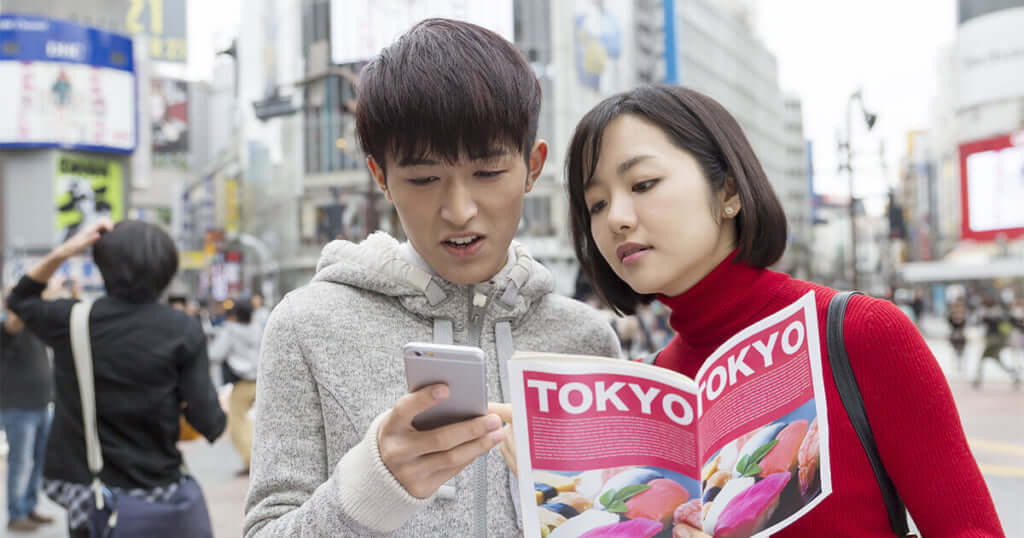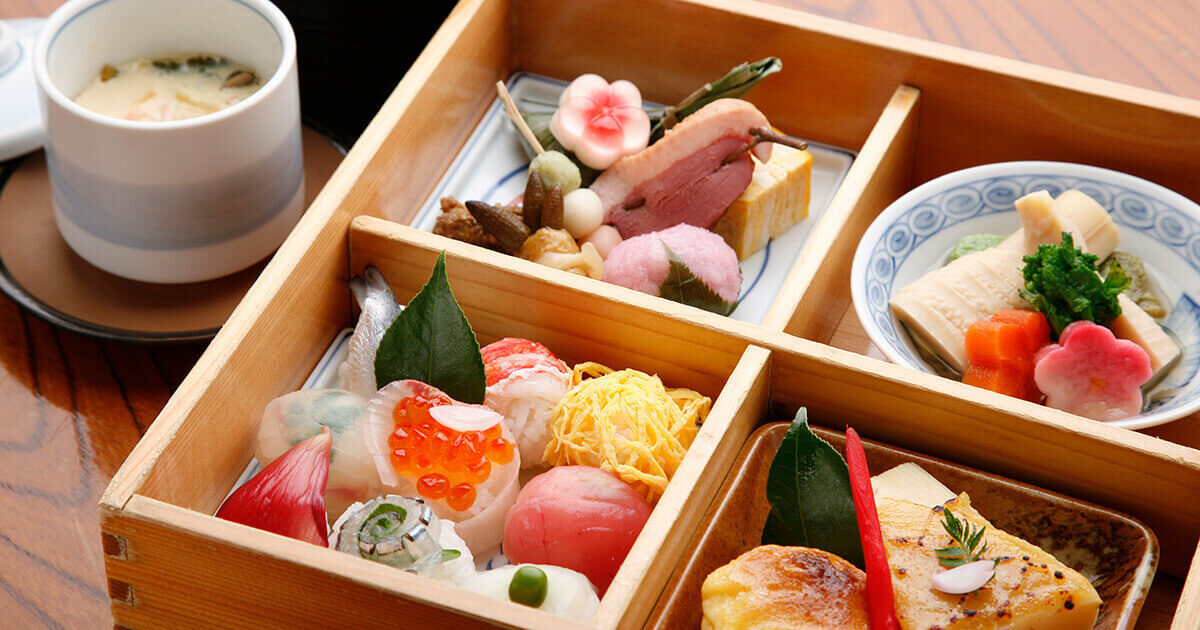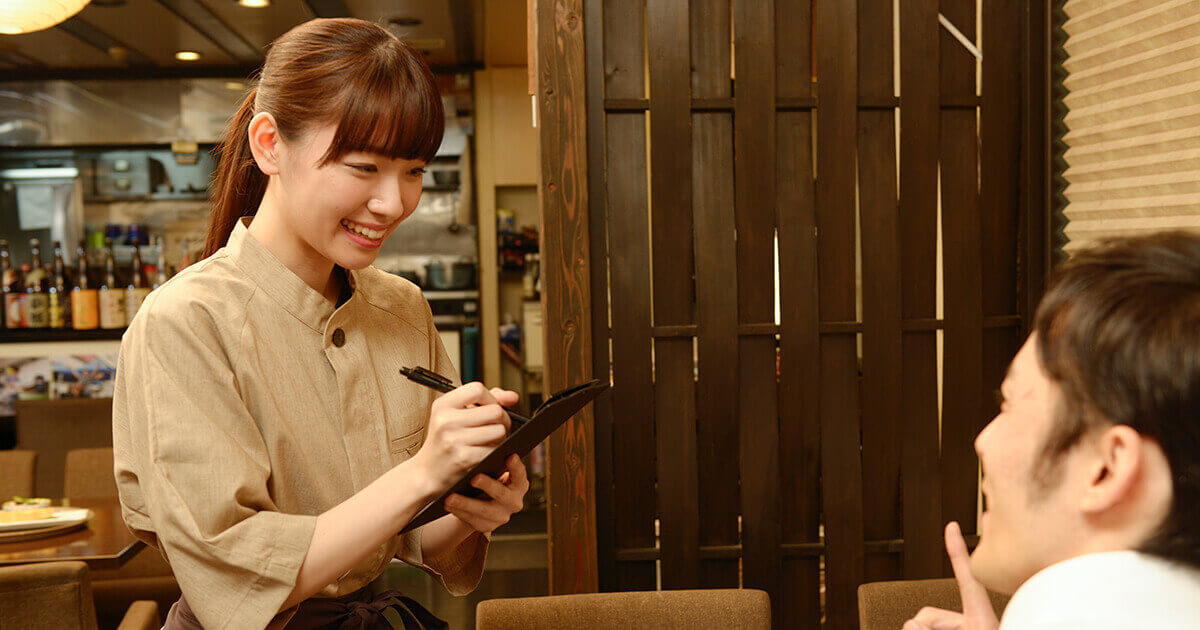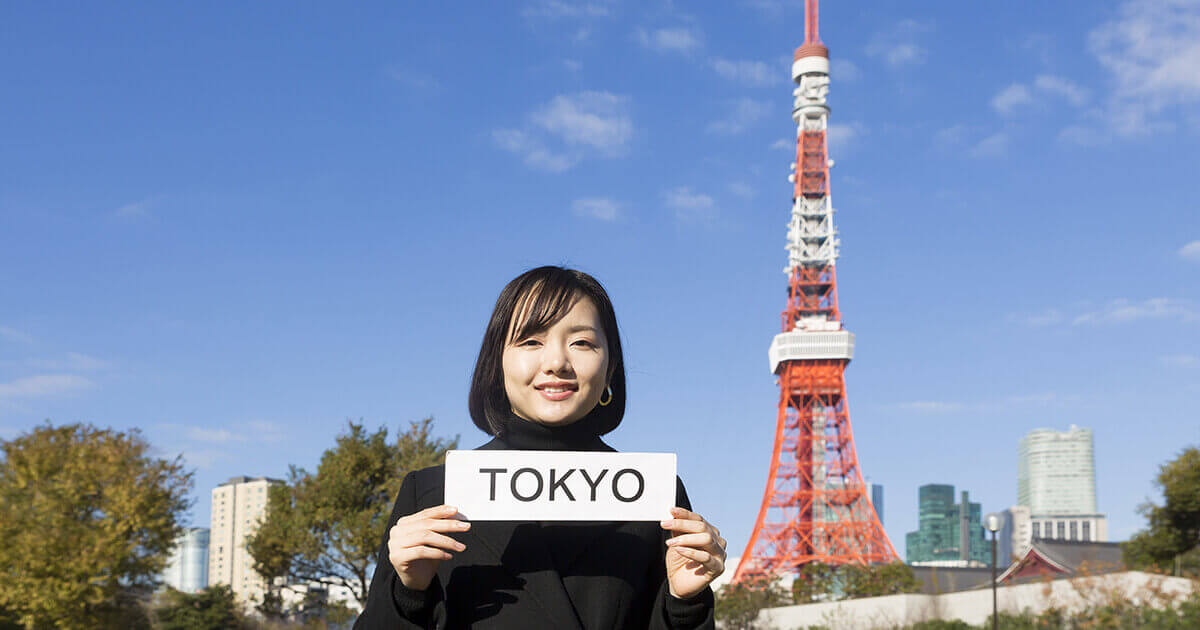
One can really get anxious if he/she has lost his/her way in a foreign country. So today, let’s learn a few useful phrases to use if we lose our way in Japan.
1. あのう、すみません。 Anoo, sumimasen.
Excuse me.
Saying “sumimasen” suddenly to a stranger may surprise the latter. Inserting “anoo” in front serves the purpose of reducing the level of surprise.
2. 英語(えいご)が分(わ)かりますか。 Eigo ga wakarimasuka?
Do you speak English?
If you want to hear the directions given in English, you can try using this expression. A friend of mine who loves travelling to Japan said that young Japanese people in Tokyo will reply in English if you use this expression.
3. 私(わたし)は日本語(にほんご)が分(わ)かりません。 Watashi wa nihongo ga wakarimasen.
I don’t speak Japanese.
If the person you approach starts speaking in Japanese, you can use this to explain that you don’t speak Japanese.
4. 道(みち)に迷(まよ)ってしまいました。 Michi ni mayotte shimaimashita.
I’m lost.
“道(みち)に迷(まよ)いました Michi ni mayoimashita” is also fine but “道(みち)に迷(まよ)ってしまいましたMichi ni mayotte shimaimashita” conveys your worry and confusion better. Try memorizing this as a set phrase.
5. (品川駅(しながわえき))へ行(い)きたいです。 (Shinagawa eki) e ikitaidesu.
I want to go to (Shinagawa station).
Insert your destination in the bracket if you want to say you want to go somewhere.[/box]
6. (品川駅(しながわえき))は、どこですか。 (Shinagawa eki) wa dokodesuka.
Where is Shinagawa station?
Similar to (5), insert your destination in the bracket if you want to ask where a certain place is.
7. (品川駅(しながわえき))は、どうやって行(い)きますか。 Shinagawa eki wa dooyatte ikimasuka.
How should I get Shinagawa station?
If you use this expression, the person is likely to explain the way in detail in Japanese. If you have a map, you’d probably understand what he is talking about even if you don’t understand Japanese.
8. (山(やま)の手(て)線(せん))と(京浜東北線(けいひんとうほくせん))と、どちらがいいですか。 (Yamanotesen) to (Keihintohokusen) to dochira ga iidesuka?
Which is better, Yamanote-line or Keihintohoku-line?
Train and subway routes in Tokyo are like a maze. Try using this if you want to ask about taking a certain train. If you want to ask about the speed, use “どちらが早(はや)いですか。Dochira ga hayaidesuka. Which is faster?”. If you want to ask about the price, use「どちらが安(やす)いですか。Dochira ga yasuidesuka. Which is cheaper?”.
9. タクシーで、いくらぐらいですか。
Takushii de ikura guraidesuka.
Roughly how much is it by taxi?
If you’ve lost your way, the easiest way may be to take a taxi. However, taxis are very expensive in Japan. It would be good to ask about the taxi fare if you want to know roughly how much it would cost before taking the ride.
10. 山(やま)の手(て)線(せん)で、どのぐらいかかりますか。 Yamanotesen de donogurai kakarimasuka.
How much does it cost by Yamanote-line?
“kakarimasuka” is an expression used to ask about “time” (時間(じかん) jikan) or “money” (お金(かね) okane). If you want to make your question clearer, you can ask “時間(じかん) は、どのぐらいかかりますかJikan wa donogurai kakarimasuka How long does it take?” or “お金(かね)は、どのぐらいかかりますかOkane wa donogurai kakarimasuka How much does it cost?”
So how was it?
Google Map reduces your chance of getting lost in a foreign country.
I am poor at directions so Google Map is a must for me when I travel.
Although I can reach my destination quickly, I did it by staring at my smartphone all the time and without talking to anyone.
Losing your way in a foreign land may actually turn out to be a valuable chance to interact with the locals.
So why don’t you take the opportunity to close Google Map and ask someone for directions for a change?






